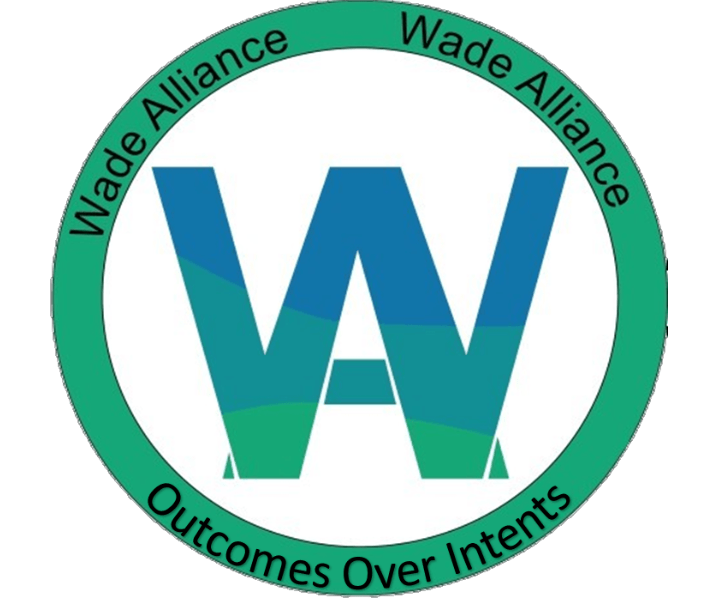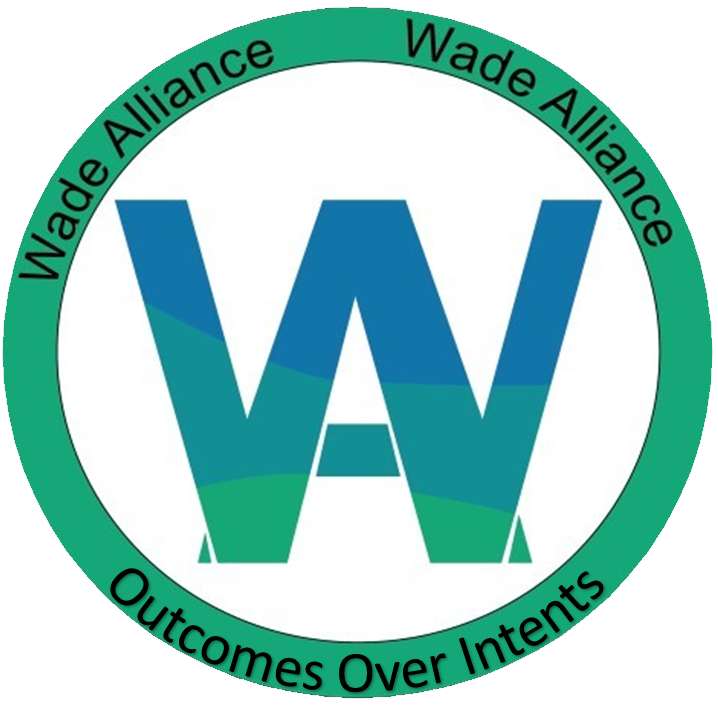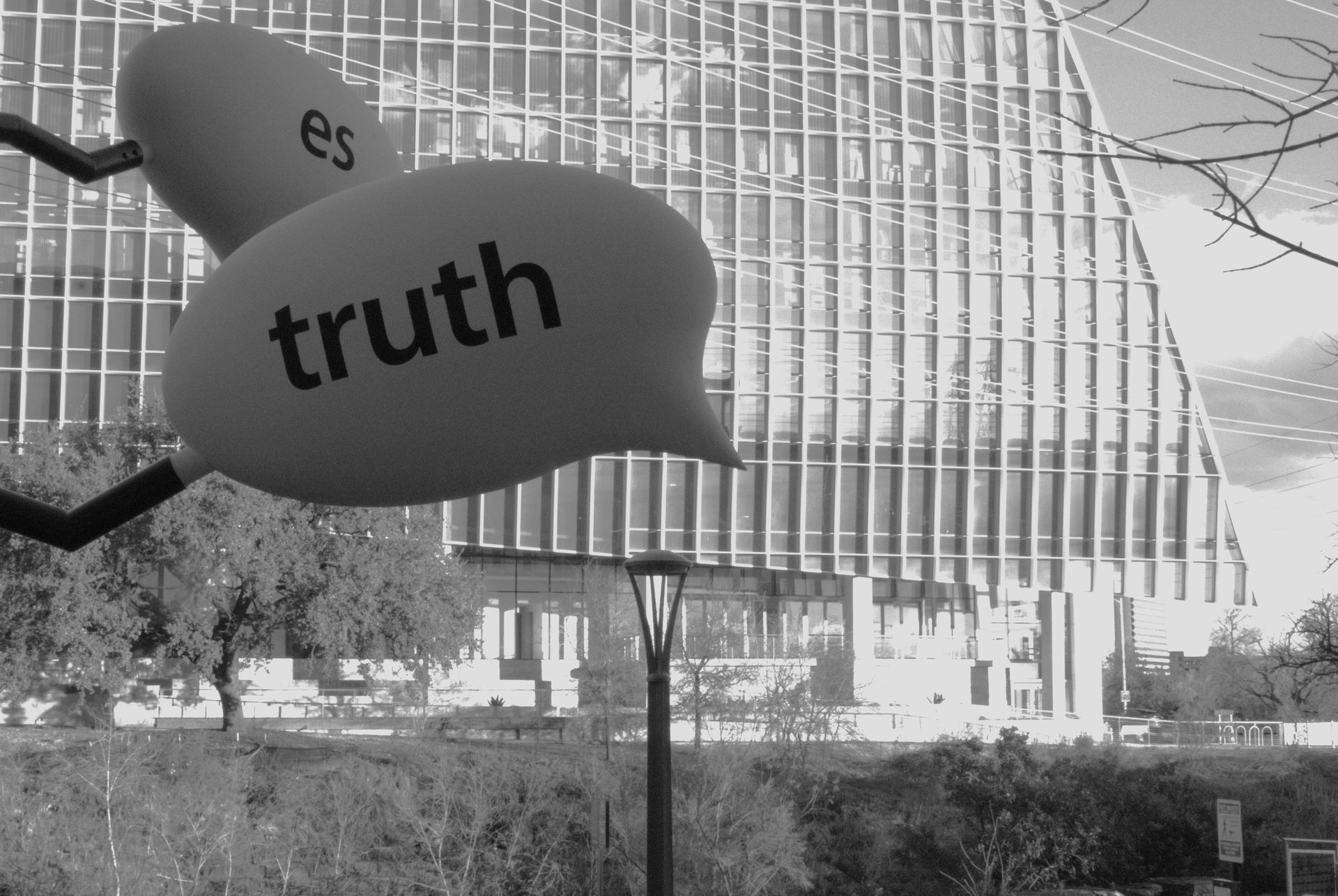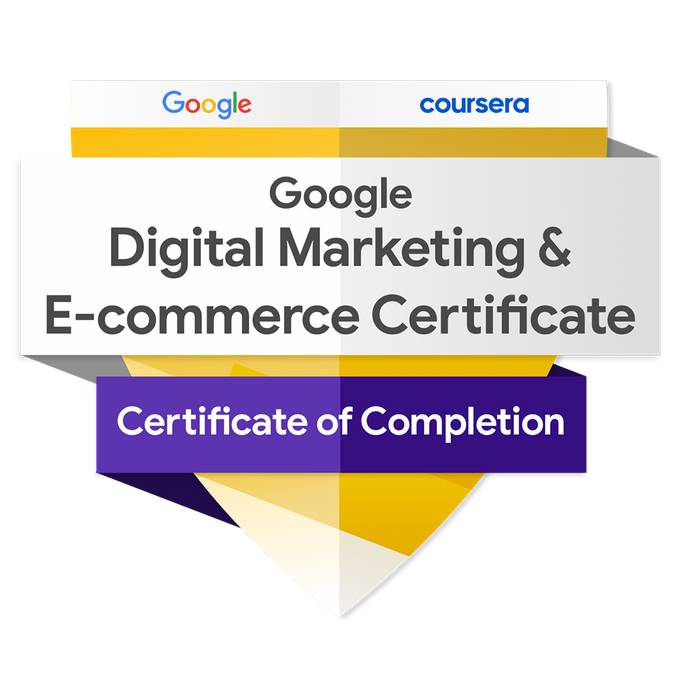Know the Messenger
Know the source of the message
How easy it is to make people believe a lie, and [how] hard it is to undo that work again!
-Mark Twain
The organization, “Doctor Patient Unity” on the surface seems to cares about the rights of patients as they creatively tell the story of new rules hurting patients. They successfully use the same fear of excessive control and the threat of freedom being loss that has stopped universal healthcare from becoming a reality in the US since 1947. The stated goal of this lobbying group is to fight the legislation designed to reduce surprise billing but their motivation is pure profit.
Unrelenting ads depict closed hospitals and patients being kicked out of waiting rooms to induce fear. The New York Times investigated and found that the money behind the messages were private-equity-backed doctor staffing companies. This is no real surprise. Corporate and private money supporting politics and woven into every aspect of our society is the price we accept for our representative, commerce-driven democracy. We accept that many messages are delivered by a false ally or disingenuous spokesperson but most of us rely on our bias and choose the easier route of accepting the messenger at their word. It would serve us better to pause, disengage our auto-pilot and remember the first basic step towards learning the truth: “Know your source”
Trust is the foundation of the relationships we need to make mutually beneficial transactions and it is easier to trust the people we share an identity. The characters who remind us of our family, ourselves and other “real people” who are not actors help us believe in the sincerity of the message. We also readily give our trust to celebrity endorsers who use their social capital, or the messages filled with expensive, high-production visual effects that trigger our belief that price reflects quality. These shortcuts to creating trust are well known and available to anyone learning marketing and seeking to build customers but they are easy for use as consumers to forget. There is no dilemma when the products are frivolous, useful or aimed only at disposable income. For products that impact basic needs such as health and well being, authenticity should be a factor.
3. Imagine a completely different messenger
Would the call to action work if it was given by: a local news personality? a trusted professional? a media superstar? or a favorite teacher? We are swayed by familiarity and our baseline knowledge changes our behavior. By recognizing the impact the messenger may have we are better equipped to see the message and not fall for the spectacle. "Why should I believe LeBron James for my beverage choice?"
The mental energy required to evaluate the hundreds of messages we receive every day would be enormous. These three tools are not for frivolous and disposable decisions we make hundreds of times each day. This scrutiny should be for actions that have a significant cost of time, money or energy. Finding truth behind a message is a challenge and every advertising professional is hired to get their message through to us at almost any cost. The same effort they make to influence our actions requires us to match their efforts with our own energy to protect what we value.
Comments












